|
As a naturopathic doctor, I'm often asked for tips on how to stay healthy from day to day. Aside from the basics of healthy eating, exercise and a good nights sleep, here are a few apps that I like to use myself as well as recommend to others. 1. Headspace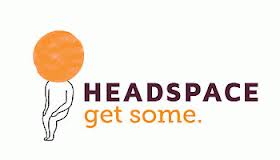 "Meditation made simple" Headspace is a free app that guides you through 10 days of 10-minute meditations. There are countless researched and documented health benefits to meditation, but it can be a difficult task for many of us to fit in with our busy lives. Headspace is great, as it is short and can be done virtually anywhere. Rather than repeating a mantra or trying to let go of all thoughts, it helps you be more mindful of your breath, your body and your surroundings. Great to do first thing in the morning to set your intention for the day, after work to clear your head, or before bed to prepare you for a deep restful sleep. Free. https://www.headspace.com/ 2. My Calm Beat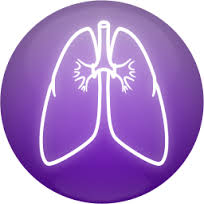 Mycalmbeat helps you slow your breathing rate to encourage feelings of calmness and relaxation. Breathing is an interesting phenomenon, as it is both an autonomic response and a voluntarily controlled action. By being more aware of our breathing rate (and in most cases slowing it down), we can shift our nervous system into a parasympathetic state, also known as "rest and digest" (as opposed to the sympathetic stress response that is dominant in our fast-paced culture). Like headspace, this app can be used anywhere, and even multiple times per day. Feeling stressed out at work? Try a minute of slow breaths using this app, and see how good you feel. Free. https://www.mybrainsolutions.com/mycalmbeat 3. My Fitness Pal
4. Duolingo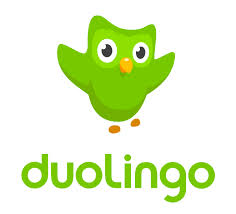 Duolingo is a free app for learning a new language. While this might not be considered a 'health' app by some, the health benefits of learning a new language are clear - slowing brain aging, keeping memory sharp, and decreasing the risk of cognitive disorders such as alzheimer's disease. Free. https://www.duolingo.com/ 5. Environmental Working Group The Environmental Working Group is a non-profit that shares information to protect both human health and the environment. They have two different apps, both of which are useful: Dirty Dozen This popular list helps you determine which foods to buy organic (the dirty dozen, or foods with the highest pesticides) versus foods lower in pesticides that are not as essential to buy organic. This list can also be downloaded as an app so that it's handy while grocery shopping, and it is updated yearly.  Skin Deep This app shows information on personal care products, from shampoos and soaps to lipstick and sunscreen. It gives each product a safety rating based on it's ingredients and chemicals, helping you chose the safest and healthiest products. Other AppsA couple other apps that are useful, but more specific for certain people include:
1. Swim Guide This free app tests the water from beaches, lakes and swimming holes across North America and lets you know if they are safe to swim in. Updated daily. https://www.theswimguide.org/guide/get-the-app/ 2. iPeriod For the women, tracking your cycle (with this app or others, there are many) can be helpful for a variety of reasons. It can help determine if something is irregular (cycle length, pain, spotting, etc), if other symptoms fluctuate or correspond to a time in the cycle (i.e. migraines), and which days are most fertile. www.winkpass.com/iperiod.html
0 Comments
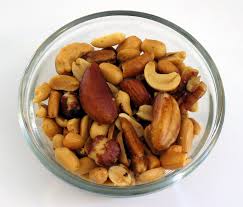 Nuts are nutrient-dense foods that are packed with protein, fiber, essential fats and many other nutrients. There have been a number of research studies that show various health benefits from consuming nuts, from decreased risk of heart disease and diabetes to lower blood pressure and fewer gallstones. But can eating nuts actually help you live longer? An article in the New England Journal of Medicine looked at the association between eating nuts and mortality rates. The authors examined data from two large population studies: The Nurses' Health Study (NHS), which has followed 121,700 women since 1976, and the Health Professionals Follow-Up Study (HPFS), which has followed 51,529 men enrolled since 1986. Participants without complete data or who had a history of cancer, heart disease, or stroke were excluded, so the final analyses included 76,464 women and 42,498 men. Dietary intake was assessed using validated food-frequency questionnaires every 2-4 years. What did they find? In a nutshell, consumption of nuts was inversely associated with mortality. The analysis found that those who reported eating nuts daily were 20% less likely to have died during the course of the study, compared to those who did not consume nuts. As this is an observational trial, it cannot state a direct cause-and-effect, but rather an association between eating nuts and lower mortality rates. However, given the low risk of consuming more nuts compared to the potential benefit (i.e. 20% decrease in mortality), adding a handful of mixed nuts to your daily routine may pay off in the long run. For the most health benefits, skip the peanuts as they can increase inflammation and trigger allergies, and instead opt for a variety of nuts such as walnuts, almonds, pecans, cashews, and brazil nuts. To further increase your nutrient load, add in some seeds such as pumpkin, flax and sesame. Tips to get your daily serving of nuts:
Cheers to living long and healthy! Sources: Bao, Ying, et al. "Association of nut consumption with total and cause-specific mortality." New England Journal of Medicine 369.21 (2013): 2001-2011. |
AuthorDr. Tomah Phillips, ND Archives
April 2020
Categories
All
|

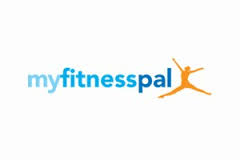
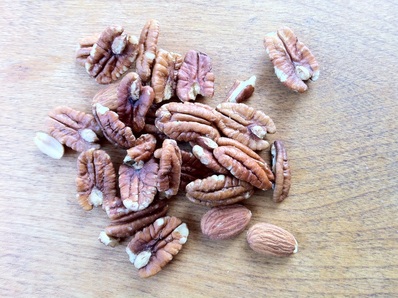
 RSS Feed
RSS Feed